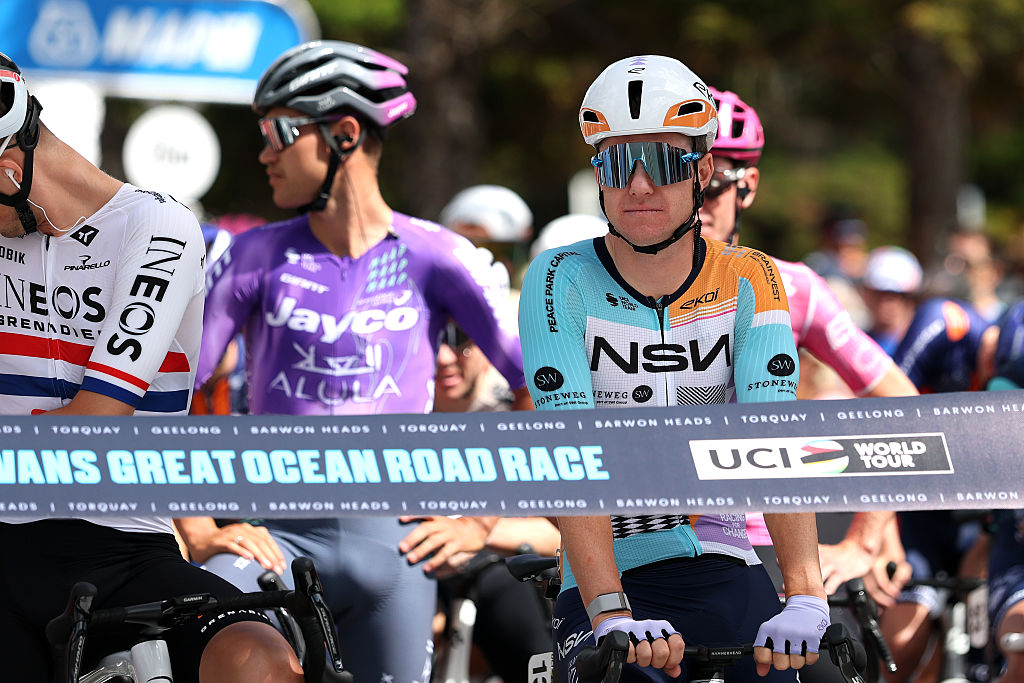Cycling still seen as suspicious, says Kittel
Continued presence of Riis and Vinokourov doesn't help sport
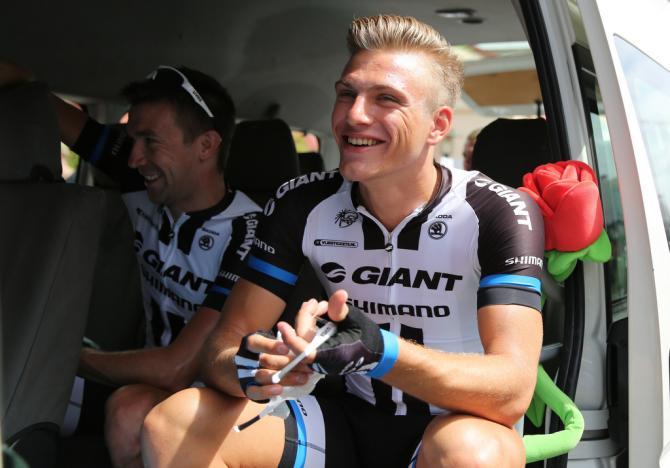
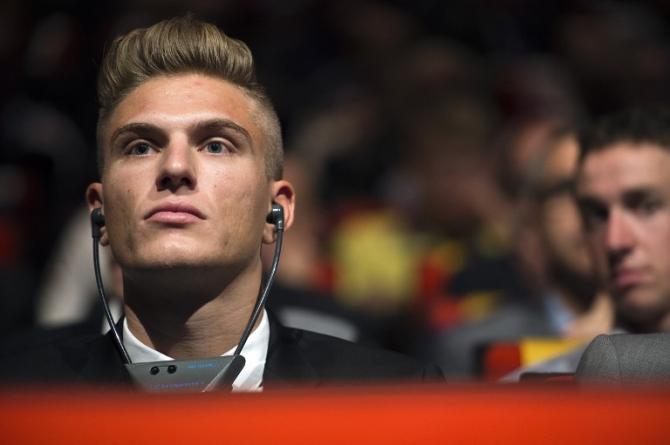
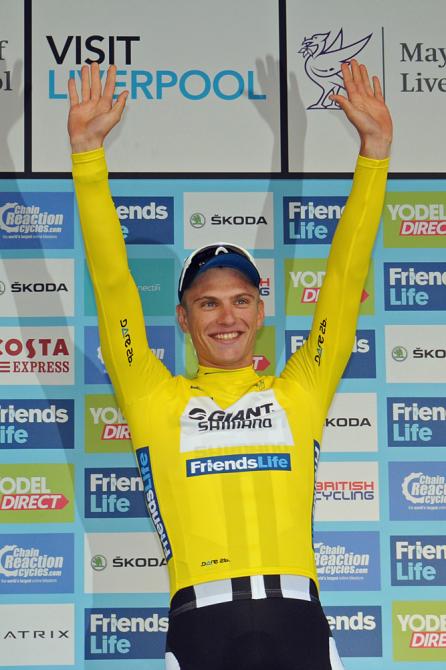
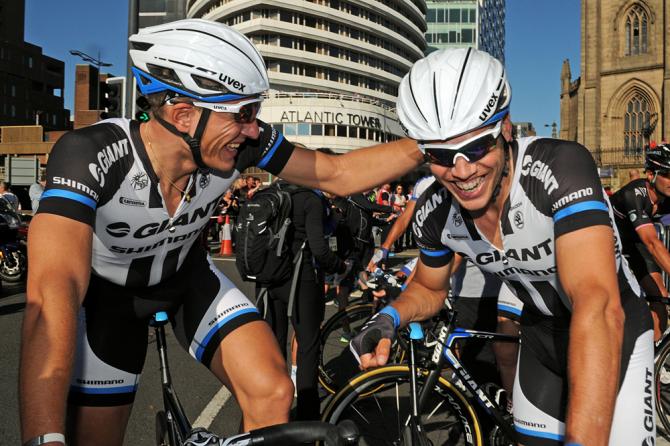
The continued presence in pro cycling of individuals with doping pasts in team management positions does not help the sport, according to Marcel Kittel. "People like Vinokourov and Riis have this very obvious history and especially in Germany, pull the attention towards doping," he said.
"People like this contribute to the fact that to this day, cycling is permanently seen as suspicious," he told FAZ.net.
He sees it as a hopeful sign that public broadcaster ARD is considering covering the Tour de France again. The broadcaster ended its live coverage in 2011, citing the sport's doping problem. "Now that cycling has changed dramatically and there are also German successes again," the climate has changed, Kittel said. "I hope very much that it works out."
It is important for the media to be critical, he added, but journalists must be careful not to lose the objectivity. "That has already happened in cycling, they were quite extreme with Ullrich."
Kittel said that he, Tony Martin and John Degenkolb were asked by the German NADA to join their "Alles geben – nichts nehmen" ("give everything – take nothing") campaign, for which boxer Wladimir Klitschko is spokesman but refused on the grounds of Klitschko's presence. "When Klitschko takes part [in the campaign] and then doesn't have any in-competition testing, then we don't want to be part of this campaign, because it doesn't make any sense, it is not credible."
Kittel did applaud the new proposed German anti-doping law, which would make doping a criminal act. "It is a further step in the fight against doping, it sends an important message and raises the deterrence against used disallowed methods and cheating your rivals and the public."
However, he was less enthusiastic about the idea of using GPS tracking on athletes as an anti-doping control "I think that there must be discussions to possibly find a better solution which would allow the athlete more freedom.
The latest race content, interviews, features, reviews and expert buying guides, direct to your inbox!
"I don't want to always sacrifice my personal freedom just to come under even more suspicion. You don't trust me and so I should now also wear a GPS tracker? I think that goes in the wrong direction, you shouldn't keep building higher fences around athletes."

